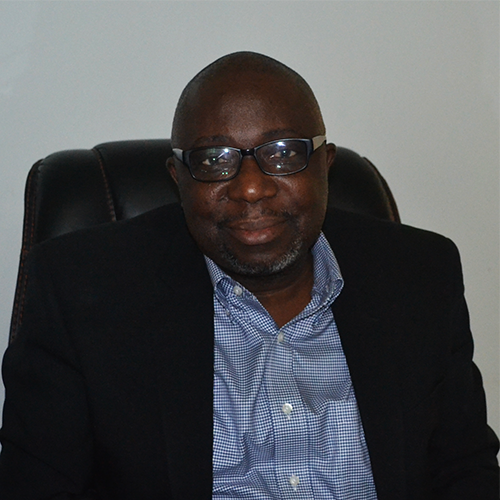In commemoration of the 2022 World Press Freedom Day (WPFD), the Centre for Journalism Innovation and Development (CJID) launched a press freedom training manual, a knowledge product that highlights the constraints to a free and safe press as well as the policies and conditions that facilitate the production of diversified content.
Launched on May 5, 2022, the manual seeks to provide tools for reversing and tackling media violations in Nigeria. The launch took place at Fraser Suites Abuja, the Federal Capital Territory.
Participants at the event included Chris Isiguzo, President of the Nigerian Union of Journalists (NUJ); Prof. Chidi Odinkalu, a professor of International Human Rights Law and Practice; Toyosi Giwa, Manager, Rule of Law and Anti-Corruption (RoLAC); Victor Ayedun, a professor at the Department of Mass Communication, University of Jos; Musikilu Mojeed, Editor-in-Chief of Premium Times; Onwuka Okereke, a lecturer at the Department of Mass Communication, Abia State University; Dr. Tunde Akanni, an Associate Professor of Communication, LASU; Mojirayo Ogunalana-Nkanga, Gender and Human Rights Advocate; and Hamza Idris, General Manager, MEGA FM, Warri, among others.
The event included sessions such as remarks, goodwill messages, keynote address, unveiling of the book and a panel discussion of the theme: “State Surveillance and Threats to a Journalism in the 21st Century.”
Prof. Victor Ayedun of the Department of Mass Communication, University of Jos, reviewed the book saying the book sets ideological tones and ideas needed to give press freedom a needed phenomenon across the world. He described the writers of the six modules’ book as highly skilled and experienced journalists and writers within and outside Nigeria, adding “This book will be found useful by researchers and students and scholars of comparative media studies.
The book, written by nine contributors, comprises of six modules: The Press and the Protracted Struggle for Freedom in Nigeria; International Instruments of Press Freedom and the Context of Domestication in Nigeria; Freedom of Press in Nigeria: Constitutional Provisions, Justiciability and other Constraints; The FOI Act and the Challenges of Implementation; Investigative Journalism Practice in the Democratic Development of Nigeria; and Counter-Terrorism Legislation and Press Freedom in Nigeria.
Sola Olorunyomi and Philip Olayoku set the context of the book with The Dialectics of Press (Un)Freedom.
The report concludes that, the attack on press freedom in Nigeria is contributing to the closure of civic spaces, which has significant consequences for Nigeria’s democratic consolidation, good governance, social fairness, and political stability.
It therefore, suggests revising existing counter-terrorism legislation, citing accusations that it lacks human rights components and is structured in a way that favours the state over crucial institutions that are critical to the country’s democratisation. It recommends that the law should be revised so that civil society is no longer considered a threat, but rather a partner in solving problems.
The publication points out that combating terrorism is a critical component of preventing its recurrence and argues that alienating human rights while combating terrorism provides fertile ground for the spread of terrorism by creating grievances that terrorist organisations use to recruit adherents.
It urges the government to revise counter-terrorism legislation so that human rights are prioritised and civil society, including the media, is included in the redesign of counter-terrorism measures. It recommends in addition, that government should ensure that all parties involved in counter-terrorism activities adhere to the principles of accountability and openness.
The Centre for Journalism Innovation and Development (CJID), formerly known as Premium Times Centre for Investigative Journalism (PTCIJ), is a non-governmental organization, founded in 2014, to promote a truly independent media landscape that advances fundamental human rights, good governance and accountability in West Africa through investigative journalism, open data and civic technology.
Announcing the name change in a press statement in January 2022, The CJID Chief Executive Officer, Dapo Olorunyomi, said: “The next decade calls for an expanded purpose in the fulfilment of a noble mission to improve governance, promote a community of harmony, and entrench democratic accountability in the West African sub-region.”







